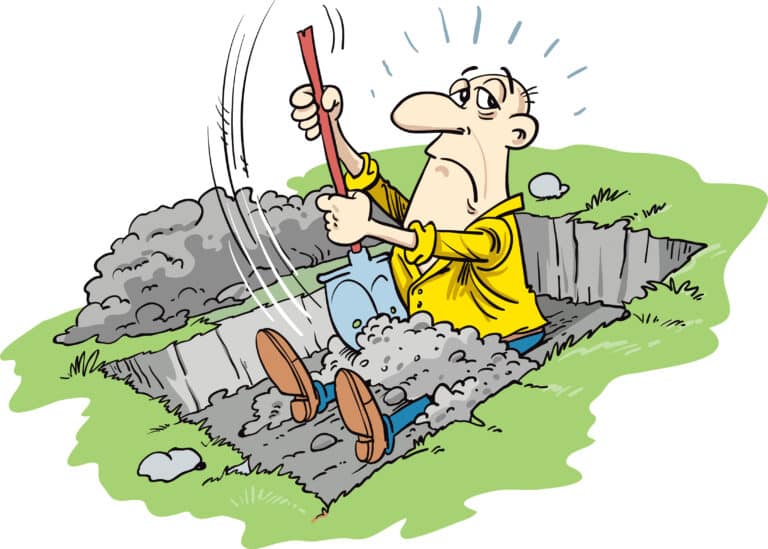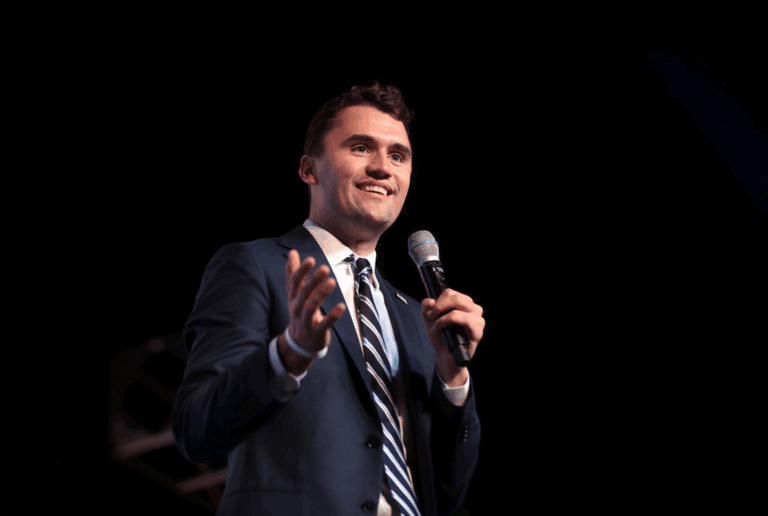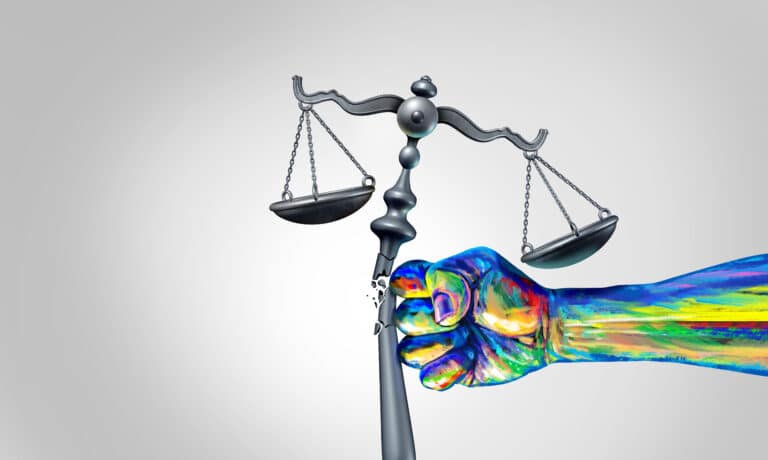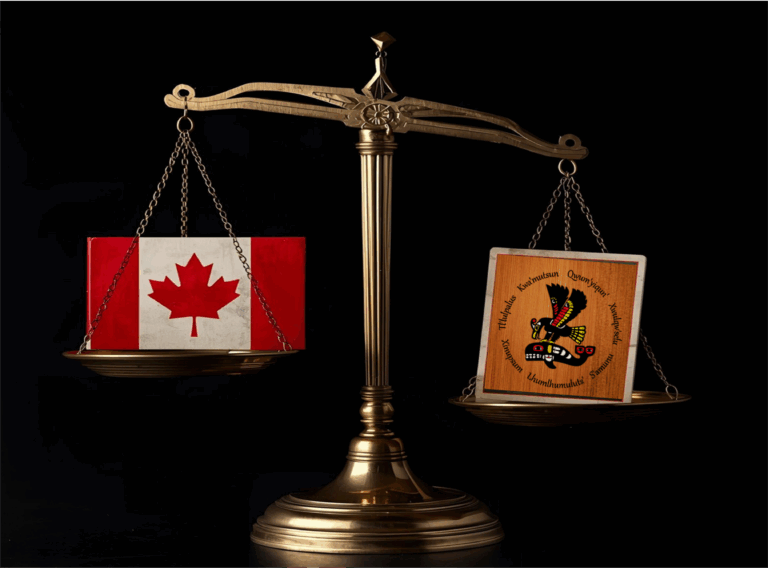<spanlang=”EN-US”>Sometimes it’s difficult avoid the clichés: “I told you so”; “What’s the point?”; “It’s like beating my head against a wall” and so on. The reason being that at long last mainstream media seems to have got the message that Pope Pius XII, Pontiff during the Second World War, was one of the good guys. Newspapers across the world recently reported comments made by German historian <spanlang=”EN-US”>Dr. Michael Hesemann, who has been carrying out research in the Vatican archives. Hesemann said Cardinal Eugenio Pacelli — the future Pius XII — wrote to Roman Catholic archbishops urging them to apply for visas for “non-Aryan Catholics” and Jewish converts to Christianity who wanted to leave Germany, and that as many as 200,000 may have been saved by Pacelli’s actions. <spanlang=”EN-US”> <spanlang=”EN-US”>”We believe that many Jews who were successful in leaving Europe may not have had any idea that their visas and travel documents were obtained through these Vatican efforts,” said Elliot Hershberg, chairman of the Pave the Way Foundation, which sponsored the work.
<spanlang=”EN-US”>
<spanlang=”EN-US”>What is so surprising about the latest reports is that they are, well, apparently so surprising. “Everything we have found thus far seems to indicate the known negative perception of Pope Pius XII is wrong” explained Hershberg.
<spanlang=”EN-US”>
<spanlang=”EN-US”>I’m not entirely sure who to whom he’s been speaking. Informed historians have known the truth for years. What the new research does, however, is confirm all this and provide some more flesh to the bones of the story. Hesemann insists, for example, that not only Jewish converts but ordinary Jewish people also receive visas and were helped to escape<spanlang=”EN-US”>.<spanlang=”EN-US”>”The fact that this letter speaks of ‘converted Jews’ and ‘non-Aryan’ Catholics indeed seems to be a cover,” he said. <spanlang=”EN-US”>”You couldn’t be sure that Nazi agents wouldn’t learn about this initiative. Pacelli had to make sure they didn’t misuse it for their propaganda, that they could not claim that the Church is an ally of the Jews.”
<spanlang=”EN-US”>
<spanlang=”EN-US”>The date of the appeal from the <spanlang=”EN-US”> <spanlang=”EN-US”>Cardinal Pacelli, then the Vatican’s Secretary of State, to his colleagues in the Church, is also crucial: November 30, 1938 was less than three weeks after Kristallnacht, the “night of broken glass,” during which the Nazis attacked Jewish synagogues, homes and businesses, and was an early and acute response to the anti-Jewish violence. Remember, even after this date there were German Jews and international Jewish organizations who were convinced that the Nazis had no future and that German Jews would in the end be safe.
<spanlang=”EN-US”>
<spanlang=”EN-US”>This spirit of goodness is not <spanlang=”EN-US”>news to those of us who have worked on this issue for some years, some of us out of familial and emotional necessity. I am a Catholic whose father was Jewish. Not only Jewish but from a Polish family. The role of Pope Pius and the Church during the Second World War is to me at the epicenter of identity, loyalty and truth. There are Jewish leaders who claim that Pope Pius said little and did less as Europe’s Jews were rounded up and slaughtered. The truth is somewhat different. Before he became Pope Pius, Cardinal Pacelli drafted the papal encyclical condemning Nazi racism and had it read from every pulpit. The Vatican used its assets to ransom Jews from the Nazis, ran an elaborate escape route and hid Jewish families in Castel Gondolfo—the Pope’s summer residence. The World Jewish Congress donated a great deal of money to the Vatican in gratitude and in 1945 Rabbi Herzog of Jerusalem thanked Pope Pius, “for his lifesaving efforts on behalf of the Jews during the occupation of Italy.” When the Pope died in 1958 Golda Meir, then Israeli Foreign Minister, delivered a eulogy at the United Nations praising the man for his work on behalf of her people.
<spanlang=”EN-US”>
<spanlang=”EN-US”>For 20 years it was considered a self-evident truth that the Church was a member of the victim class during the Second World War and Pope Pius was mentioned with Churchill and Roosevelt as part of a triumvirate of good. It was as late as the 1960s that the cultural architecture began to be restructured around this issue. It’s deeply significant that the attacks on the Pope were largely initiated by the German playwright Rolf Hochhuth; he claimed in his play, The Deputy, that the Vatican had ignored the plight of the Jews. What is seldom mentioned is that Hochhuth was a renowned anti-Catholic who would later champion Holocaust-denier David Irving.
<spanlang=”EN-US”>
<spanlang=”EN-US”>Hundreds of thousands of Catholic religious and lay people risked their lives and sometimes gave them to help the Jewish victims of the Nazis. To a very large extent their sacrifices have gone uncelebrated, even ignored. Shamefully much of the criticism of the Church comes from within and from critics who use the issue to vicariously attack orthodoxy and Popes John Paul and Benedict. This was precisely the case with John Cornwell’s risible book Hitler’s Pope. In a scholarly response, Rabbi David Dalin’s The Myth of Hitler’s Pope, stated that people are trying to, “exploit the tragedy of the Jewish people during the Holocaust to foster their own political agenda of forcing changes on the Catholic Church today.”
<spanlang=”EN-US”>
<spanlang=”EN-US”>But the last word should go to another Jewish man. In 1945, the Chief Rabbi of Rome, Israel Zolli, publicly embraced Roman Catholicism. This extraordinary conversion was partly due to Zolli’s admiration for the Pope’s sheltering and saving of Italian Jews. The battle for Pope Pius’s reputation will continue and there will still be disagreements between Jewish and Catholic people of goodwill. But the overwhelming message is one of hope and progress, in spite of what the enemies of all genuine religious and a group of angry, disappointed modernist Catholics would prefer to be the case.
<spanlang=”EN-US”>
<spanlang=”EN-US”>Michael Coren’s forthcoming book Why Catholics Are Right (McClelland & Stewart) contains a chapter on the Pope, the Church and the Holocaust.






